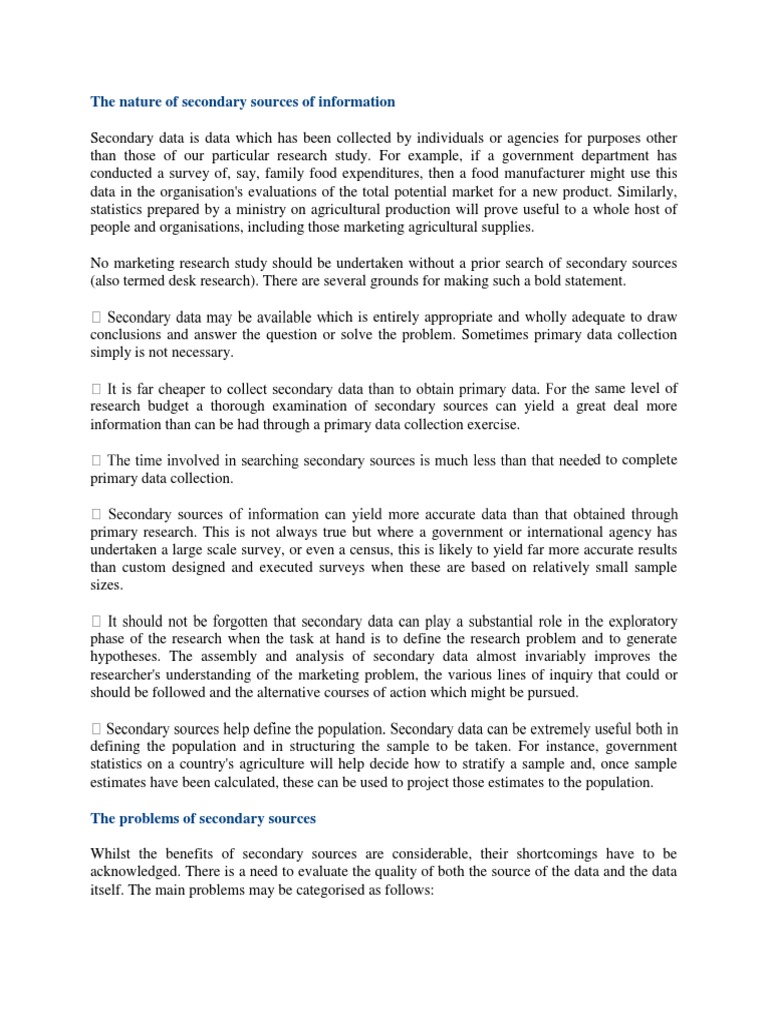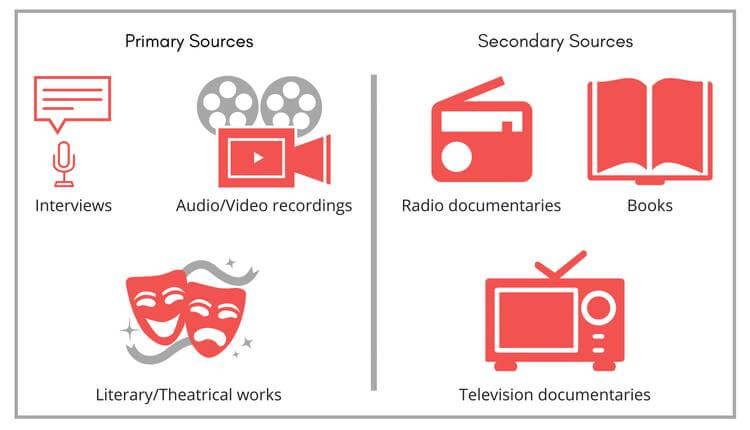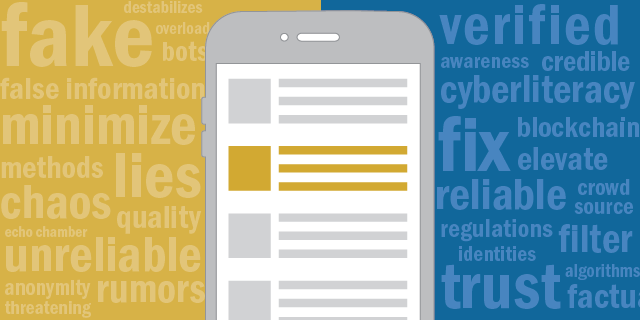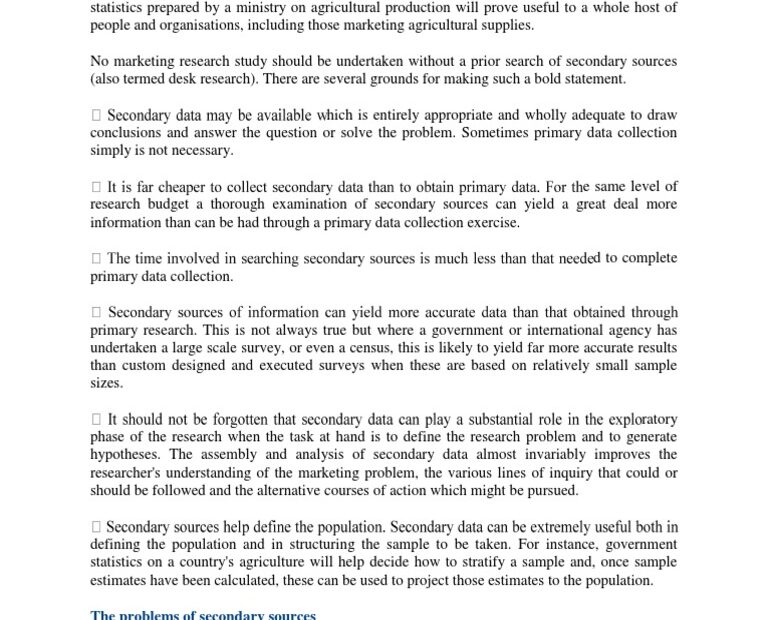Are All Secondary Sources Entirely Accurate? Unveiling The Truth
TÓM TẮT
Primary And Secondary Sources
Keywords searched by users: Are all secondary sources entirely accurate
Are Secondary Sources Accurate?
Is the reliability of secondary sources guaranteed? It’s important to note that the mere fact that secondary sources are authored by academics does not automatically make them infallible. While academics typically possess extensive knowledge in their respective fields and have received training in research methodologies, it’s crucial to acknowledge that secondary sources can remain susceptible to inaccuracies, biases, or distortions. Therefore, assessing their credibility and accuracy remains an essential aspect of critical evaluation. [Publication date: May 2, 2023]
Are Secondary Sources Always Unbiased And Accurate?
Is it possible for secondary sources to consistently maintain objectivity and accuracy? In reality, secondary sources often carry some degree of bias, whether overt or subtle. Therefore, actively immersing oneself in primary sources becomes crucial to attain a more objective perspective on any subject. Primary and secondary sources play distinct but interconnected roles in research and understanding. By examining both, you can achieve a more comprehensive and nuanced comprehension of the topic at hand, enhancing your ability to discern and evaluate the accuracy and potential bias present in secondary sources.
Why Are Secondary Sources Inaccurate?
What are the reasons behind the potential inaccuracies in secondary sources? Primary data is widely considered to be more accurate and reliable than secondary data. The primary reason for this distinction is that secondary data sources lack regulatory oversight and are susceptible to personal bias. When individuals or organizations collect primary data directly from the source, they have greater control over the data collection process, minimizing the chances of errors or bias. In contrast, secondary sources rely on pre-existing data that may have been collected for different purposes and by different individuals, increasing the risk of inaccuracies creeping in. Moreover, secondary data can be subject to interpretation and selective reporting, further affecting its reliability. Therefore, understanding these key factors helps shed light on why secondary sources may be less accurate and reliable compared to primary data.
Aggregate 31 Are all secondary sources entirely accurate



Categories: Summary 85 Are All Secondary Sources Entirely Accurate
See more here: buoitutrung.com

Finally, and most importantly, a secondary source may not be entirely accurate or may have taken what was quoted from the primary source out of context. If you fail to catch this, it can tarnish your own credibility.Secondary sources are not automatically more reliable simply because they are written by academics. While academics often have expertise in their fields and are trained in research methodologies, secondary sources can still be subject to inaccuracies, biases, or distortions.Secondary sources are always biased, in one sense or another, so engaging with the primary source yourself allows you to view the topic objectively. Primary and secondary sources complement each other – looking at both can give you a deeper understanding of each.
Learn more about the topic Are all secondary sources entirely accurate.
- The Difference Between a Primary and a Secondary Source
- Primary or secondary sources: which are more reliable?
- Primary vs. secondary sources: how to distinguish them
- Primary vs Secondary Data:15 Key Differences & Similarities – Formplus
- Primary vs. Secondary – Researching at Lovejoy Library
- Explanation – Primary vs. Secondary Sources
See more: blog https://baannapleangthai.com/tech

